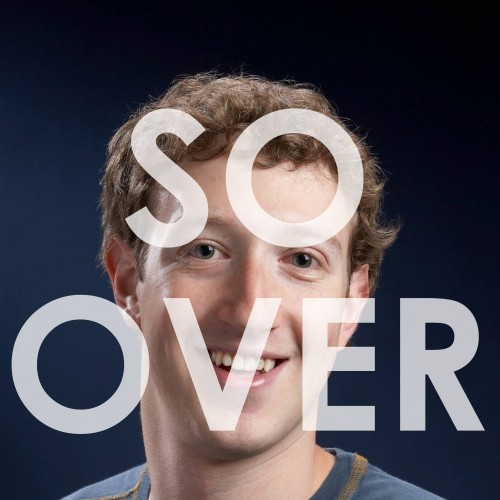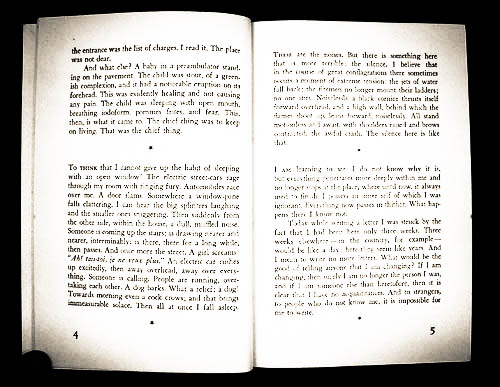“The digital and the physical are becoming one”
“Design is one of the linchpins of capitalism, because it makes alienated labor possible”
“My hologram rendered somehow less complete. A broken stream in the data mind”
“Privacy is the power to selectively reveal oneself to the world”
“Facebook is broken, on purpose, in order to extract more money from users”
“Writing for a general audience, he said, was “a responsibility of scholars”
“Scrobbling might be “social,” but it’s not very personal”
“Wikipedians may be their own worst enemy”
“I would challenge the idea that trolls, and trolls alone, are why we can’t have nice things online”
“Memory on the Internet is both infinite and fleeting”
“In this climate, it gets hard to draw strict distinctions between living systems and mechanical ones”







